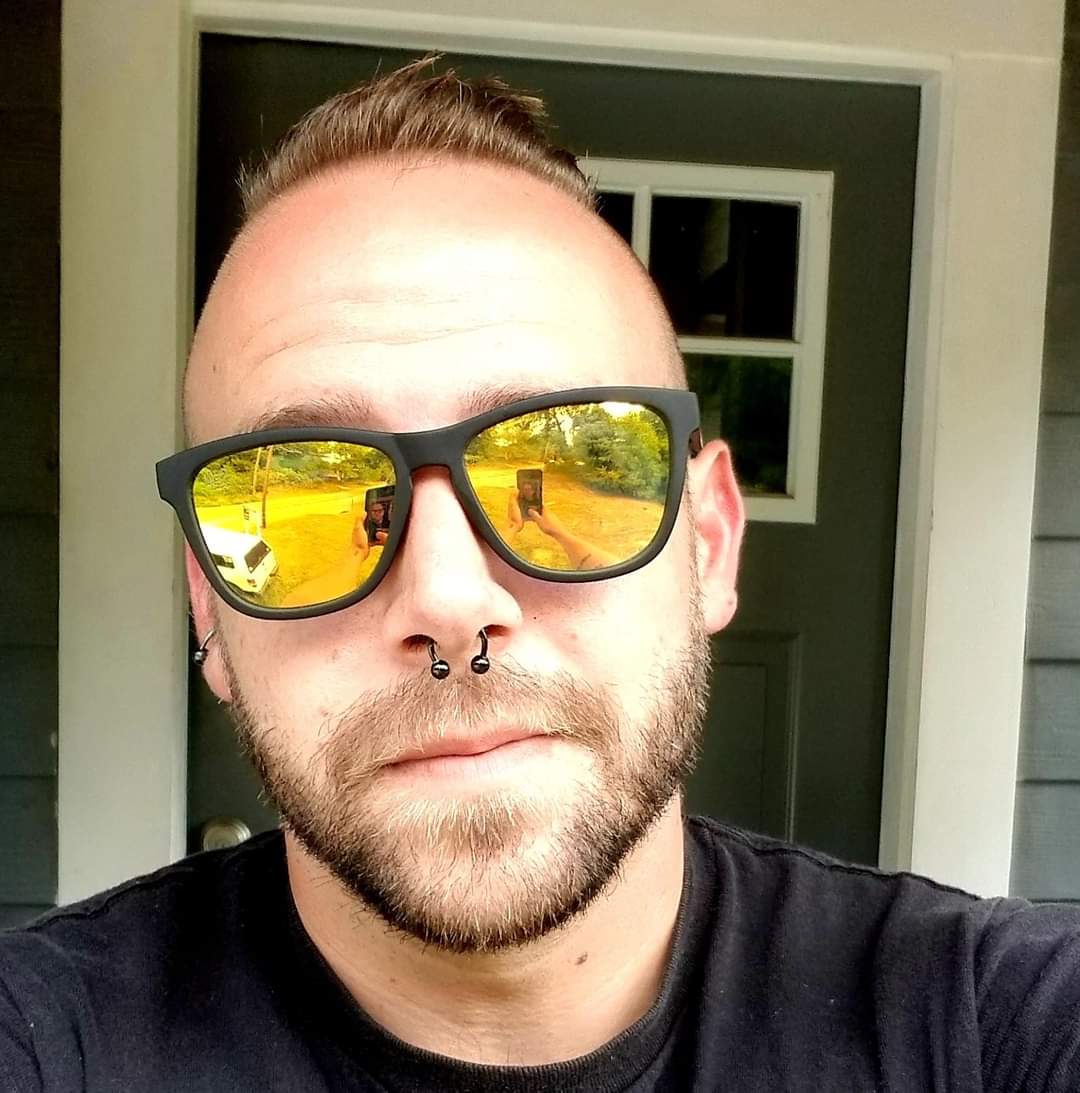
*Warning—salty language ahead!
In my past, I was a professional at fucking things up.
And that’s exactly what I did about 11 months ago. The how and why I relapsed is outlined in a companion piece to this one, titled: “Relapse is Not the End Unless You Let it Be.” (which I’d recommend checking out first before reading this).
This piece of writing’s purpose is to outline things that really helped me to bring myself back from my own self-created personal hell. And about how I was able to become successful in my quest for a better life, all things considered. There are four reasons for that:
>> Because I wanted it bad enough.
>> Because I believed I could do it.
>> I put myself and my dreams above all else, for the first time.
>> The people who support me knew I was determined.
The first one on the list, “wanting it bad enough,” is the most important part of coming back from a relapse.
As stated previously, I had to totally restart my life from practically nothing. But my head was clear, and several thoughts took purchase right away:
“I am 31 years old, and I am having to start over again.”
“I am the reason why I’m in this position.”
“I will never let myself hurt that bad again.”
“I will be better.”
I pounded those thoughts into my head. I forced myself to sit and deal with my negative emotions. I took a good, hard look at myself and tried to pick out, and, actually, acknowledge my character flaws. All of that culminated in me actually giving a shit about my recovery and doing the hard work.
I held myself accountable for my past actions and future plans. And when it came to important and risky decisions, I “played the tape through.” In other words, I really thought about what the most likely outcome would be and tried my best to choose wisely.
I did all of these things because I truly wanted a better life, and to just be better than I was the day before. I would not allow myself to feel dope sickness again. I would not allow myself to hurt everyone who ever cared about me. I would never go back because, to me, doing drugs is comparable to living with a noose around your neck.
The second item on the list “believed I could do it” involves some deep diving into one’s own mind.
I know, in my case, when I relapsed I was so defeated that I barely thought myself capable of staying alive. Trying to repair one’s self-esteem and confidence after such an event is like trying to reassemble a shredded piece of priceless art. It takes a lot of time, patience (for ourselves especially), and respect for what it once was. That is how valuable I think self-esteem is in recovery.
I think that the first step in getting our self-confidence back is telling ourselves:
“I will get that job.”
“I will do great things.”
“I will be better.”
I took that “maybe I will do better” and threw it right out the fucking window. No, I told myself that I was already a success in whatever I wanted to accomplish. I told myself these things day after day, and it became written into my future. Now all I had to do was make it happen. Easier said than done, I know. But I gave myself clear goals that I was going to achieve, no matter the obstacles in my path.
The third item “putting myself first,” was kind of a new one for me.
I have a lot of empathy gave the people in my life. I tend to put others’ issues before my own, and before you credit me for some form of altruism, please realize (as I had to) that this was often a way for me to escape from addressing my own issues.
When I saw someone close to me really hurting, I’d drop everything and run on over to the rescue. This is not how I can afford to be. I need to remind myself that I cannot save them. I gave so much of myself to everyone that I left little for myself. Nowadays, I make it clear to my friends: “I love and support you, but at the end of the day, it’s about me.”
And that is totally okay. I have learned that it is not selfish to put yourself and your goals first, or if it is selfish, then it’s the type of selfish that I need to be. After all, this is my life.
I have started to get good at cutting out those who would drag me down. That may sound cold, but it is necessary for me to be a success in what I want to do. The people closest to me are the ones who support my dreams. All the rest just fall away. I don’t have any more time or patience for those who would slow me down. Now is the time for me to become the best man I can be.
And finally, “Your supporters know you are determined.”
I started showing my family goodwill right from the start. I’m not sure how to explain it, but I think we all knew that this time was different somehow. That I had finally been completely broken, and I was ready to be reassembled. I only received the help that I did from my loved ones because they could see how driven I was to live a better life.
I believe that you will find more people willing to “invest” in you and your recovery when you can actually show them that you mean what you say. I consider myself lucky to have even been given the chance to prove myself to my family again. Take it from me, if you are also gifted such an opportunity, don’t squander it.
The better I made myself, the more support I received. More support means an easier time of things—which means doing better. This circle of improvement and support goes on and on and etches deeper into who you are each time. It’s one thing to be able to talk to people about getting better. But to show them is another thing entirely.
All of these aspects of recovery can be compared to pieces of a jigsaw puzzle. In that, they are necessary to form the complete picture, but they are all worthless without someone to put them all together. I aimed to be that person. And I worked hard to make it so.
Also know that I keep these four principles in my mind all day, every single day, even now. And I always will. I know that everyone’s situation is different. Many may not be afforded the same help that I was given. However, we are still capable of having a good life, even after we relapse. In my case, my life is better than I could have ever dreamed of. And I live this amazing life because I fucking made it that way.
We can come back from a relapse.
We can be better than yesterday.
We can have a great life.
We can achieve our dreams.
We can become the people we were meant to be.
Relapsing played a pivotal role in making me who I am today. Would I recommend it? No. Would I change it? I can’t.
So I choose to be grateful for the silver linings that came with it. I went to the depths of hell. And I was able to rise from the ashes of yet another destroyed life and become exactly who I always wanted to be.
This time around I set myself free from everything that held me back. I have no more fear of failure or the unknown because I have faced both of them time and again and became better for it. I am thankful for my relapse because it was what I needed to finally be ready to really change.
Progress, no matter how small, is still progress. Do not be discouraged if things take time to come back together. Always remember that changes like this will not happen overnight. But when we consistently do the right thing, I promise you that our quality of life will get better. We are capable of exactly what we think we are capable of. Don’t be afraid to think big. Dare to be a dreamer.
And don’t ever stop.
~
Read the first part of Jake’s story here: Relapse is Not the End Unless You Let it Be.








Read 9 comments and reply